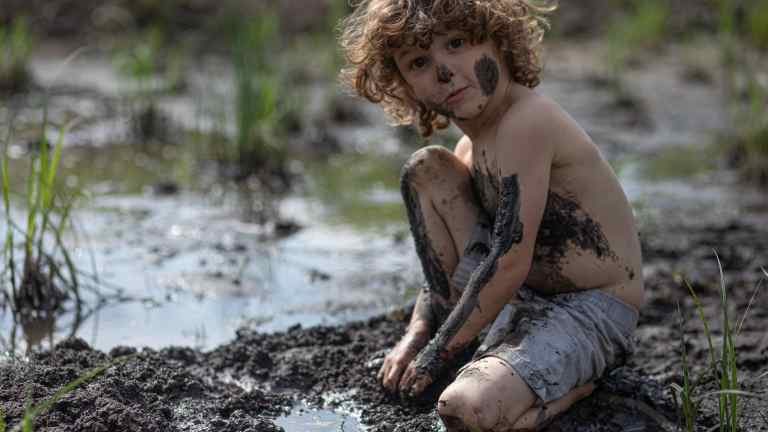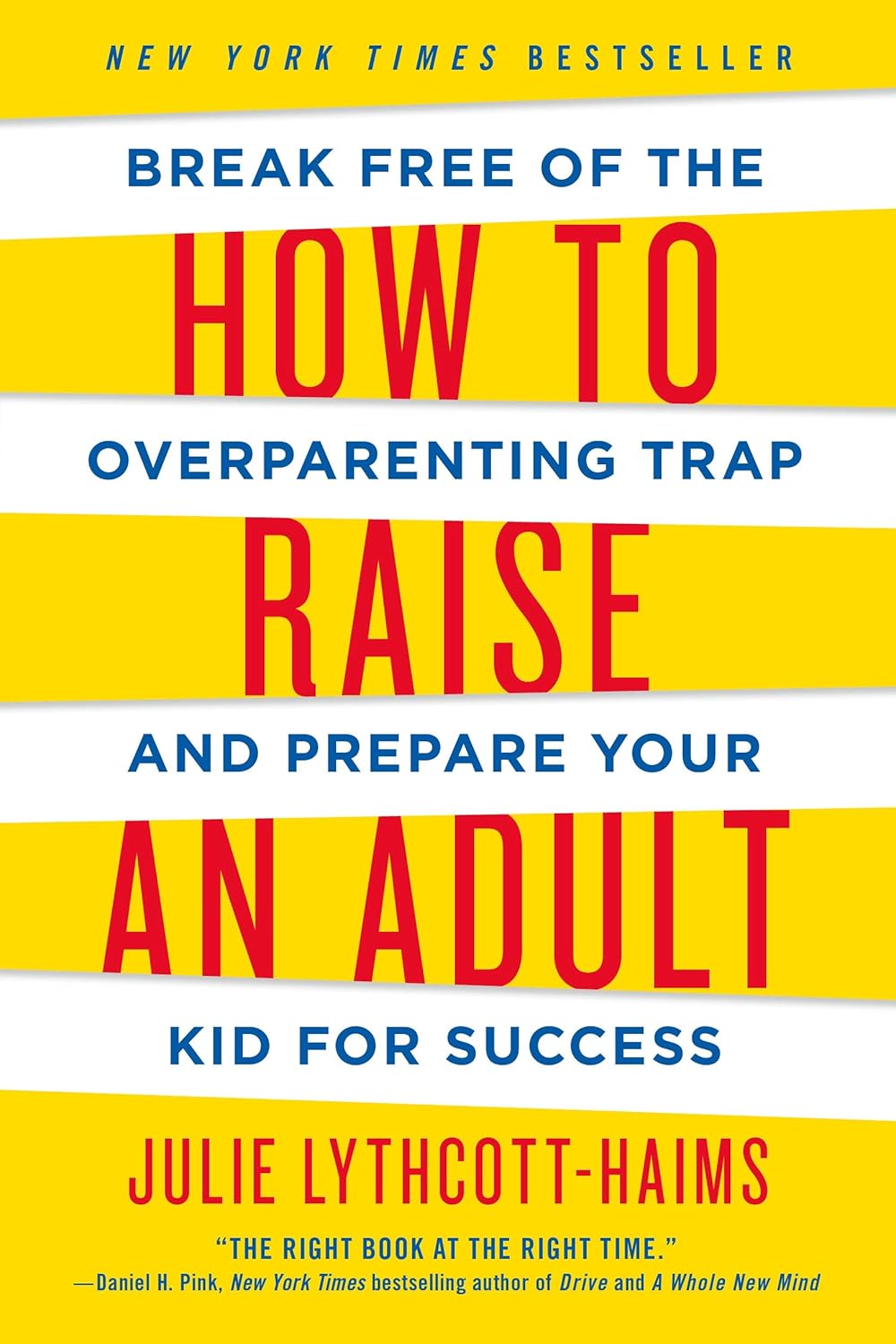
A Parenting Trend With Attitude
Every parent knows the instinct: your kid stumbles, and you rush to catch them. They forget homework, and you drive back to school to deliver it. They spend all their pocket money on candy, and you slip them extra cash. It feels like love, right?
But here’s the truth: overprotection is a thief. It robs kids of resilience, responsibility, and the confidence to face life on their own terms. That’s where FAFO parenting comes in. The phrase—short for Find Out by Failing (or Facing the Consequences)—is shaking up parenting conversations worldwide.
Instead of bubble-wrapping kids, FAFO parenting says: let them fall, let them fail, let them find out. Because sometimes the best teacher isn’t a parent’s lecture—it’s life itself.
What Is FAFO Parenting?
FAFO parenting is about stepping back so your child can step up. You still guide, you still care, but you let consequences do the heavy lifting.
Forgot their lunch? They’ll be hungry once and never again.
Chose shorts in winter? A cold walk to school teaches more than ten warnings.
Ignored homework? A bad grade speaks louder than nagging.
This doesn’t mean neglect. It means trusting your child to learn through reality rather than endless reminders.
As parenting author Jessica Lahey puts it in The Gift of Failure: “When we step aside and let our children struggle, we are showing them that we believe in their ability to learn and grow.”
Why It’s Trending Now
For decades, “helicopter parenting” dominated—parents micromanaging every detail to prevent discomfort. But research shows this often backfires, leading to higher anxiety, lower problem-solving skills, and fragile self-esteem.
Today’s parents want something different. They’re realizing:
Struggle builds strength.
Failure builds resilience.
And independence comes only through practice.
FAFO parenting taps into this shift, offering a middle ground between strict discipline and overprotection.
The Benefits of FAFO Parenting
Resilience: Kids learn setbacks are survivable—and even valuable.
Problem-Solving: Natural consequences spark creativity in finding solutions.
Confidence: Facing life’s small failures builds self-trust.
Less Parent Stress: You don’t need to be the fixer for every mistake.
It’s a win-win: kids grow stronger, and parents let go of constant micromanagement.

But Isn’t It Too Harsh?
Here’s the nuance: FAFO parenting works when it’s safe. It’s not about letting kids run wild—it’s about giving them age-appropriate freedom to fail.
Examples of healthy FAFO parenting:
Allowing a bad grade due to poor study habits.
Letting kids manage their allowance—even if they waste it.
Skipping a jacket in the cold so they remember next time.
What it’s NOT:
Ignoring emotional needs.
Allowing unsafe behavior (like biking without a helmet).
Abandoning guidance altogether.
Think of it as training wheels: you’re there, but you’re not steering.

Practical Ways to Start FAFO Parenting
Start small. Don’t rescue your child when they forget a toy or homework.
Use money lessons. Give allowance with no bailouts—let them feel broke.
Chores = learning. Don’t redo their sloppy bed-making. Let “good enough” stand.
Natural consequences. If they refuse dinner, don’t whip up a second meal. Hunger is a teacher.
Each moment you hold back from fixing is a moment your child learns self-reliance.
Real-Life Scenarios
Bedtime: Your child refuses to sleep? Fine. Tomorrow’s tiredness teaches why bedtime matters.
Sports practice: They skip practice? They sit on the bench. Lesson learned.
Messy room: They don’t clean? Let the mess pile up—until they can’t find their stuff.
Parents often fear these moments, but in reality, kids adapt quickly when given responsibility.
Tools and Resources
Want to explore FAFO parenting deeper? Try these resources:
📖 The Gift of Failure by Jessica Lahey – Essential reading on letting kids struggle safely.
📖 How to Raise an Adult by Julie Lythcott-Haims – A guide to stopping overparenting.
🧩 Melissa & Doug Responsibility Chart – Helps kids track chores and see outcomes.
🏦 Money Savvy Piggy Bank – A hands-on way to teach financial decisions.
Closing Thoughts
FAFO parenting isn’t about being tough for the sake of it. It’s about equipping kids for a real world that won’t rescue them at every stumble. When you let children find out through consequences, you’re showing trust, building resilience, and preparing them for independence.
Yes, it takes courage to watch your child fail. But isn’t it better for them to fail small now—than big later?
What’s your take on FAFO parenting? Do you think kids need more space to fail—or does it feel too risky? Share your opinion in the comments below. And if there’s another parenting trend you’d like us to explore, let us know—we write these guides with you in mind.







